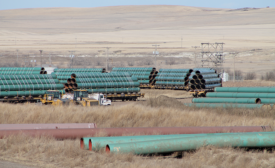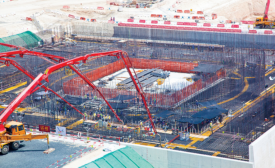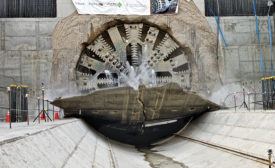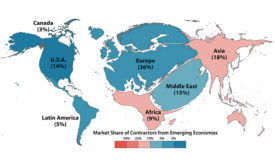Companies
Companies
Israeli Start-Up Pushes Innovative Water-Pipe Leak-Repair Tech
Curapipe inks deal with country's largest utility and eyes work in Italy and the Americas
Read More
Staffing Woes Worry Owners
Large owners are pushing contractors to create workforce development programs to ensure sufficient craft labor for ramped-up construction plans
Read More
The latest news and information
#1 Source for Construction News, Data, Rankings, Analysis, and Commentary
JOIN ENR UNLIMITEDCopyright ©2024. All Rights Reserved BNP Media.
Design, CMS, Hosting & Web Development :: ePublishing












